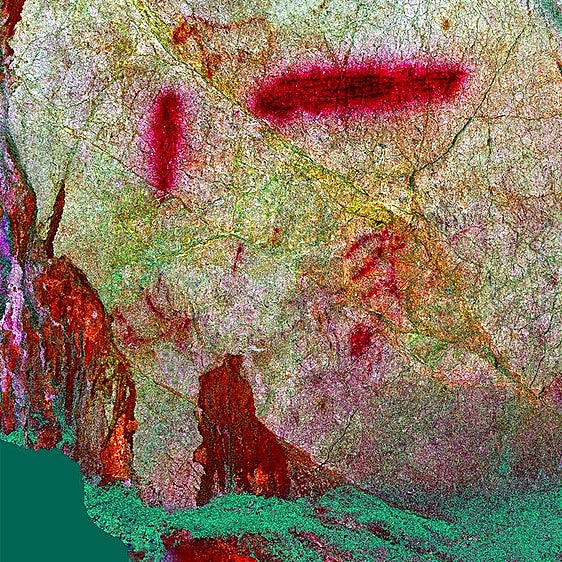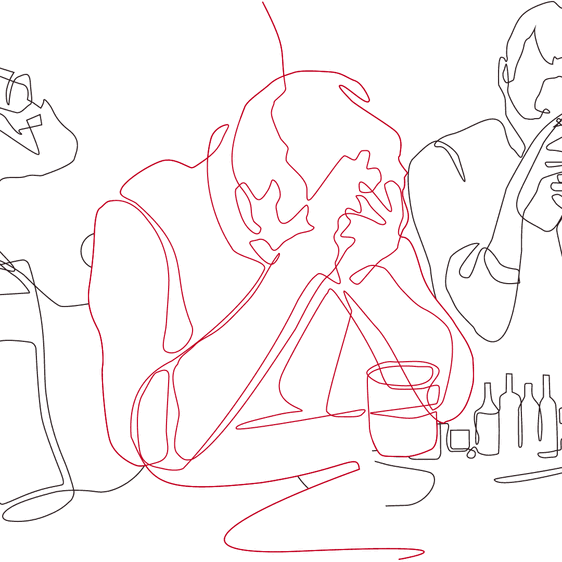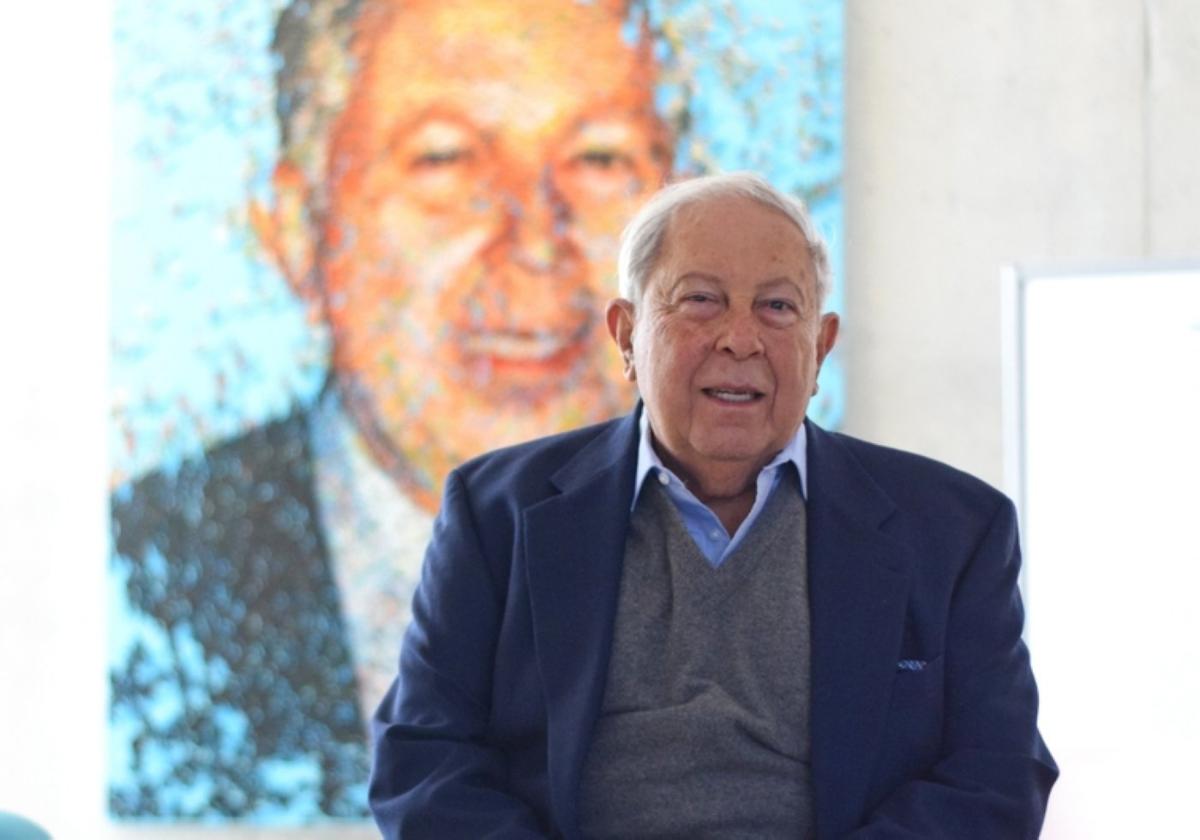The major Cudeca benefactor who made medicines available to all
Yusuf Hamied. Recently distinguished as a 'favourite son' of Benalmádena, he revolutionised the pharmaceutical industry with generic drugs for Aids and other illnesses
Marina Rivas
Viernes, 3 de marzo 2023, 12:27
He is one of those people who are hard to read from the outside, but that is deliberate because he is intelligent enough to know how to always keep silent and let his actions speak for themselves.
He is learned, he is a fighter, very reserved about his lifestyle and a firm believer in improving the life of others. He is one of those people who have come into the world to change it, and improve it. And now, indeed, he can justifiably say that he has done so.
We are talking about one of the pioneers in the fight against Aids, the president of a pharmaceutical company who changed history in India, one of the richest and most-recognised people in his own country. As many have described him, he is the man who challenged the major drug companies in order to make medication more accessible.
His name is Yusuf Hamied. He is 86, was born in Vilnius (Lithuania), although he grew up in India, and he has a degree and a doctorate in Chemistry from Cambridge University.
Many people may wonder what exactly he has to do with the Costa del Sol, but just a month ago this distinguished scientist was named a 'favourite son' of Benalmádena for his financial contributions to the Cudeca cancer care foundation, where he is considered one of their most important supporters.
Last year, the Yusuf Hamied Centre for Palliative Care Studies was inaugurated beside the existing Cudeca centre in Benalmádena. Now a range of training courses in palliative care are taught there. Also, although he does not live in the area permanently (he and his wife have a house in Marbella), they visit at least two to three times a year.
But to really understand his story, we have to go back to the beginning. Because somebody who for many of us is completely unknown, is in fact a worldwide icon in the pharmaceutical industry. Although he does not recognise it, Yusuf Hamied is ahead of his time, and possibly the cultural diversity and academic background of his family was key to his way of thinking.
His father Khwaja Abdul (Muslim) was from India, although with Afghan and Persian roots; his mother Luba Derczanska (Jewish) was from Lithuania, formerly Poland. Although both lived through periods of war they managed to survive and carry on, and saw their studies as a means of escape. They met when they were studying in Berlin, and later they moved to Bombay to start a new life.
There, the father of the family, who was also a chemist, created the Cipla company in 1935. His first-born son revolutionised it later, but still based on his father's vision.
«People in India couldn't afford expensive medication. Our mission was to make medicines available to everyone, so that nobody was denied the drugs that they needed,» says Yusuf, who kindly gave an interview to SUR on a recent visit to the Cudeca centre in Benalmádena which has been named after him.
Yusuf always shared his father's philosophy and decided to follow in his footsteps, gaining a doctorate in Chemistry at Cambridge after attending a private catholic school in Bombay (which at that time was a British colony). When he returned from the UK, he lost no time in getting involved in Cipla.
«India was a very poor country and they didn't produce pharmaceuticals there. One crucial movement for Cipla was during the Second World War, when the medication from Europe never even reached the country. So Cipla started producing all the drugs that weren't arriving and, after the war and the arrival of independence (1947), the business grew much more,» he recalls.
Nevertheless, it was from the mid-1970s that the company made an important turn. «My father was an important man, he was very involved in the government, he was an educated man and went to university. He negotiated with the Indian government to change the law on monopolies for patents for medications and he achieved it, so the monopoly only applied to the process of creating the product, not the product itself. We call this new way of manufacturing 'reverse engineering', he says.
It was an astute move which broke the mould for the big companies, who ended up moving out of India and freeing the way for Cipla.
Affordable drugs
«Cipla managed to combine three anti-virals into one medication and we were selling it for less than one dollar a day in 2001 (the cost became lower still later on), while in the USA the treatment cost between 15,000 to 20,000 dollars a year (between 41 and 54 a day),» Yusuf says, proud of one of the best achievements of his career.
With him as president, the company developed numerous other medications for cardiovascular illnesses, diabetes, arthritis and more, but there is no doubt that it was the product to combat HIV that brought him worldwide fame, and also the fact that the company exported it all over Africa and to third world countries, which had been neglected until then.
Cipla then became one of the 50 most powerful pharmaceutical companies in the world and 12th in terms of creators of generic medicines.
Personally, Yusuf's fortune has made him one of the 25 richest people in the country and today, according to Forbes List, he is worth two billion dollars. But money has always burned a hole in his pocket.
Yusuf and his wife live comfortably; that is undeniable. Today they are tax resident in the UK but divide their time between there, Mumbai and Marbella. However, his aim was never to make a profit.
«Medicines save lives and care for people. For me, having a business would never be complete without a humanitarian vision. That has always been instilled in me and it is something that I have developed all my life,» he says.
As another example, recently Yusuf was instrumental in the production of the medication needed for a Malaga toddler born with Menkes, a rare illness that affects copper levels in the body.
His donations to different projects have always been substantial. At Cambridge, for example, thanks to these, a Chair of Chemistry was created under his name.
He has also worked with with numerous relevant foundations such as Macmillan, which is where he became interested for the first time in the world of palliative care. After learning more about that project, he set up an Institute of Palliative Care in India to train nurses.
Cudeca and Malaga
A few years later, that same branch of cancer care reappeared once more in his life. «I came on a visit to Malaga in 2003. I had friends in Marbella and went out to eat with them, and suddenly it was love at first sight. My wife and I decided to buy a house in Marbella and spend time there at least two or three times a year,» he says.
It was there he met Princess Maria Luisa of Prussia, the wife of Count Rudi, the owner of the Marbella Club. «She had an Aids association in Marbella, called Concordia, and I was involved with them for years; she is still a great friend. There was a woman working at Concordia, Chelo, who was also associated with Cudeca,» he says.
It was later on that he got to know the creator of the Cudeca foundation, the late Joan Hunt.
«I met her for the first time in 2010 and, once again, it was a case of love at first sight with that project,» he says.
He doesn't like to talk about amounts of investment, but is believed to have contributed millions of euros. He recognises that there is still a lot to do at Cudeca, to achieve a solid project, one with a future and the ability to train professionals in the sector, but says he will be there to see the project grow, especially the institute which bears his name.
«I would like the centre to transmit the importance of everybody having access to palliative care,» he says.
He would have been happy to chat for hours but, despite his age, his mind never stops working and his diary is crowded. He still has a great deal to give.



